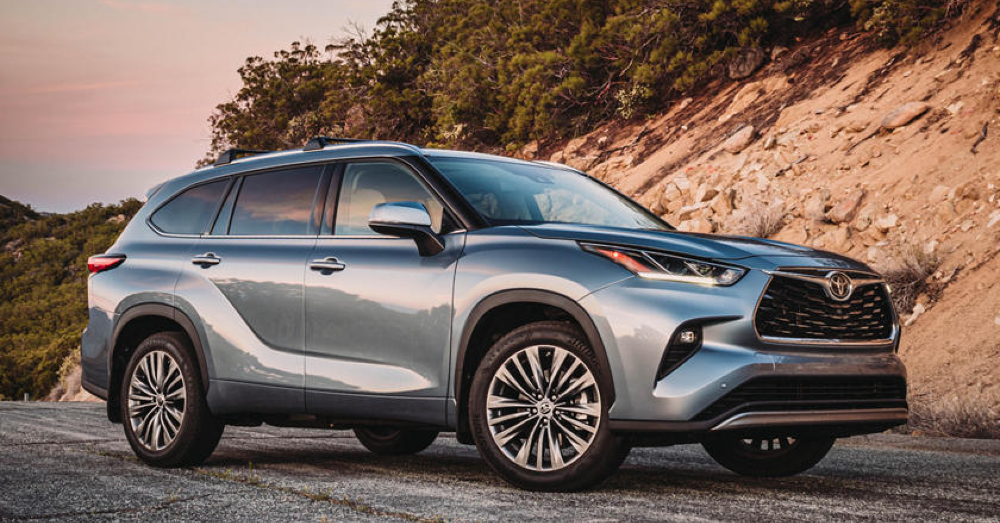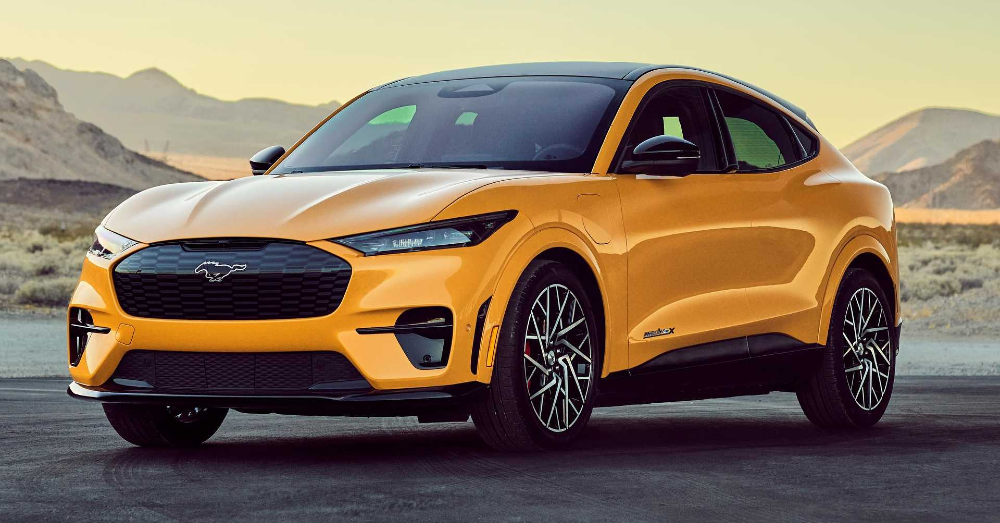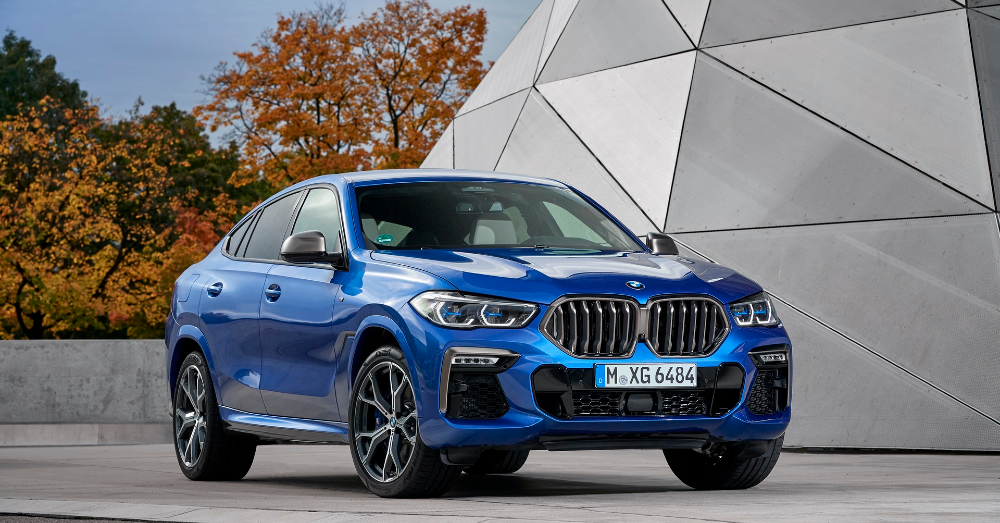Toyota has been working on solid-state batteries to power its EV cars of the future, like the Toyota Highlander, since 2006.
However, experts say that mass production is still a good way off. It’s likely that the batteries will be limited to tens of thousands of vehicles in 2030 and beyond.
Toyota Joins Forces With Idemitsu Kosan
For the purpose of developing and producing solid-state batteries for future EVs, Toyota has joined forces with Idemitsu Kosan, which is a Japanese oil producer. Initially, it was thought that this could lead to the widespread adoption of solid-state battery cells, but it’s not likely that this will happen quickly.
In fact, Toyota is splitting the collaborative effort into three phases. The first phase is to improve the quality and cost of solid electrolytes. The second phase involves the construction of a large factory to make the new batteries. The last phase should involve the commercialization process by 2027 or 2028 before beginning mass production.
However, mass production is likely to be very limited in scope to start. Toyota is only expecting to boost capacity to several tens of thousands of vehicles.
Too Early To Guess Which Vehicles Will Benefit
It’s not clear yet which vehicles Toyota will sell with solid-state batteries considering that the production capacity will be quite limited. The assumption right now is that they will be used in high-end models that don’t sell in high numbers. This could mean that an EV version of the popular Toyota Highlander, for example, won’t benefit.
Idemitsu Kosan has been researching solid-state technology since 2001, and Toyota got into it in 2006. The companies first joined together in research in 2013. The first prototype vehicle was created in 2020.
For the immediate future, Toyota intends to use new prismatic battery cells to reduce weight and add range. Toyota also intends to adopt gigacasting with EV production and recently previewed the new technology with a Lexus LF-ZC concept. The car was unveiled at the Japan Mobility Show in Tokyo.
Lexus LF-ZC
The Lexus LF-ZC concept was revealed in the 2023 Japan Mobility Show. The design is equal parts futuristic and modern with a beefy crossover exterior that showcases sharp lines and a wide stance. The roofline slopes up from the hood going rearward to end in a hatchback. The back end is, in fact, quite bulky and lacks a rear window. Presumably, cameras will stand in.
The front fascia is long and has an almost sportscar-like appearance with the typical EV look of no grille. The LF-ZC features large tires over gloss black wheels with a unique spoke pattern. The concept car featured a silver metallic exterior color with black trim and a mostly black interior.
The car also features plenty of interesting lighting effects. The Lexus badge is in a prominent place on the front of the car’s hood.
Even though these batteries are far more likely to end up in a stylish high-end Lexus model than the popular Toyota Highlander, the technology could definitely help bring interest in EV models to the mainstream.
This post may contain affiliate links. Meaning a commission is given should you decide to make a purchase through these links, at no cost to you. All products shown are researched and tested to give an accurate review for you.



